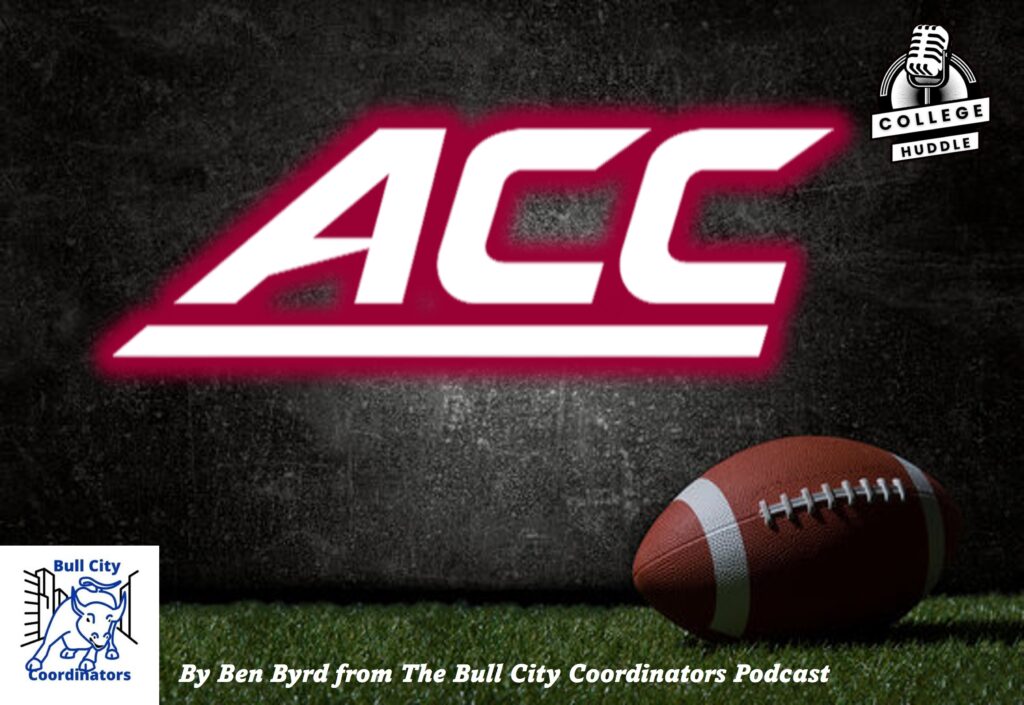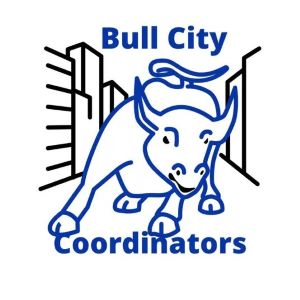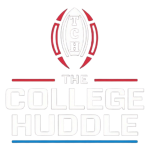
ACC lawsuit part three
By Ben Byrd from The Bull City Coordinators Podcast
As we noted previously, FSU and The ACC had a hearing on April 22 for the purpose of getting the Florida court to rule on some additional motions. Included in that hearing was a motion to dismiss filed by The ACC. Apparently, there were some issues in FSU’s Complaint related to whether it had properly alleged that Florida could exercise what is called personal jurisdiction over The ACC. Personal jurisdiction is a type of jurisdiction whereby a court can exercise its authority over a defendant. We learned about it in Civ Pro 1 by reading fascinating (read “dull”) cases like Pennoyer v. Neff and International Shoe. Basically, the Florida court has to have jurisdiction over The ACC to proceed with the case.
Civil procedure discussion aside, it turns out that Judge Cooper in Florida concluded that FSU’s Complaint didn’t allege jurisdiction appropriately. The end result? FSU’s Complaint got dismissed and discovery, the process whereby the parties get evidence in the case, was stayed (meaning stopped). So, total win for The ACC, right? We can all go home now? The band is staying together until 2036? Right? Right? Tell me I’m right. Please.
Sorry, but this ruling doesn’t mean a whole heck of a lot. Basically, nothing happened.
This is because at the same time that the judge dismissed the Complaint, he granted FSU leave to amend. This is a pretty common process that I wouldn’t read too much into. Courts often find some sort of technical defect in a pleading and require a party to amend. While not a big deal as a general matter, it doesn’t help FSU as it slows the case down and gives The ACC a greater chance at being the first to get a verdict. But what does all this mean?
The court’s ruling means that FSU will file an Amended Complaint and The ACC will get to reassert its preliminary motions that the Florida court already devoted two days to. So, we’re kind of right back where we started. (And discovery is stayed pending the amendment.)
Except that the judge also ordered the parties to mediate their dispute. While I’m sure most everyone knows what mediation is, allow me to explain it here. Mediation is a process whereby a mediator (usually a retired judge or an attorney) conducts a confidential proceeding to encourage all parties to resolve their dispute. Mediations can last an entire day. Some cases resolve at mediation, other resolve because of mediation (as a result of follow up calls between the mediator and the parties).
So, this process will certainly bring about an end to the case, right? Everyone will resolve their difference, FSU goes to the Big 12 (or wherever) and The ACC gets paid, right? Right? Tell me I’m right. Please.
Sorry, but that’s not the case.
Ordering the parties to mediation doesn’t mean much of anything. First, the mediator can’t force a settlement or otherwise resolve the dispute. It isn’t arbitration. Second, as I’ve discussed on other podcast appearances, the goals and needs of the parties are just too far apart to seriously discuss settlement. Even more problematic, I don’t see how FSU could come up with enough money to buy its way out of The ACC. So, this mandatory mediation probably won’t do much for the case other than guarantee it will continue
Why do I say that?
Well, in addition to what I’ve already noted, this litigation gives me something to write about, so I would hate for it to go away. But since that’s just sarcasm, here are the real reasons I don’t think that we’re anywhere close to a resolution of this case. To begin with, the North Carolina court has a hearing in early May to determine whether discovery can continue despite FSU’s appeal. My prediction is that the North Carolina court will move its case forward which means that The ACC won’t have any desire to settle the case in Florida. Why settle if you have a better shot to win in North Carolina with a judge who is pressing the case forward at a better clip?
Another reason I think the Florida case won’t settle (now) is that large cases like this typically don’t resolve early. They resolve after the parties conduct discovery, take depositions and file motions for summary judgment. If the case survives such a motion, then settlement is possible. At that point, the parties know they are going to trial, have to assess their chances of success, factor in the cost of losing and determine how much the trial will cost.
Getting a case to that point takes time and not enough time has elapsed for that process to play itself out. While the Florida court’s desire to get the case resolved short of litigation is commendable, it isn’t practical here. The ACC can’t risk letting FSU walk for anything less than a giant pile of cash, especially with Clemson having filed suit.
So, what does all this mean? It means that we need to get ready for more litigation, more hearings, more hot takes, etc. Cases are a marathon, not a sprint. And in this instance, it’s starting to look like a double marathon.
An Update on the ACC’S Lawsuit in North Carolina
The Saga Continues: A Brief Update on the ACC Litigation





